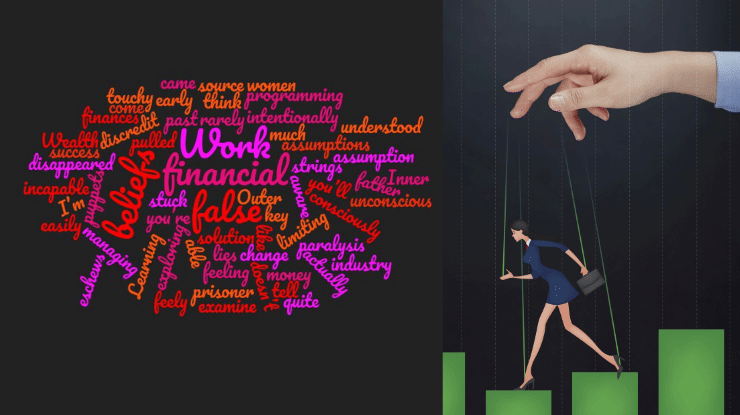When I interviewed over 150 high earners for my book, Secrets of Six-Figure Women, I expected these women to be extremely confident. And they were.
What I didn’t expect was how many struggled with fear, self-doubt and felt like a fraud, afraid others would find out. Which was exactly how I felt!
But there was a difference between them and me—they didn’t let fear stop them. Their courage inspired me.
After one of those interviews, I grabbed a blank piece of paper and wrote, in red crayon: “Do What You Fear. That’s How You Succeed.” I framed it and put it on a table across from my desk where it still stands today.











